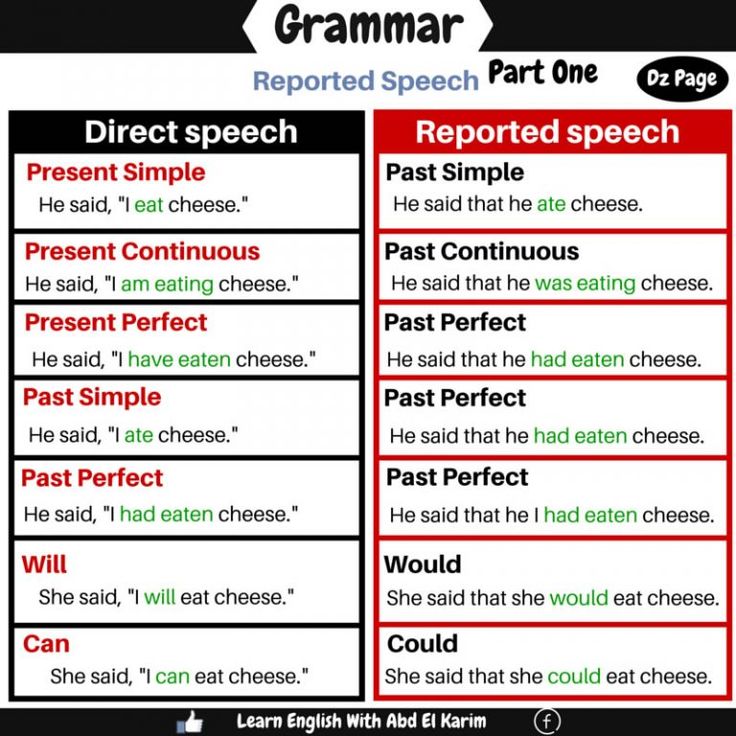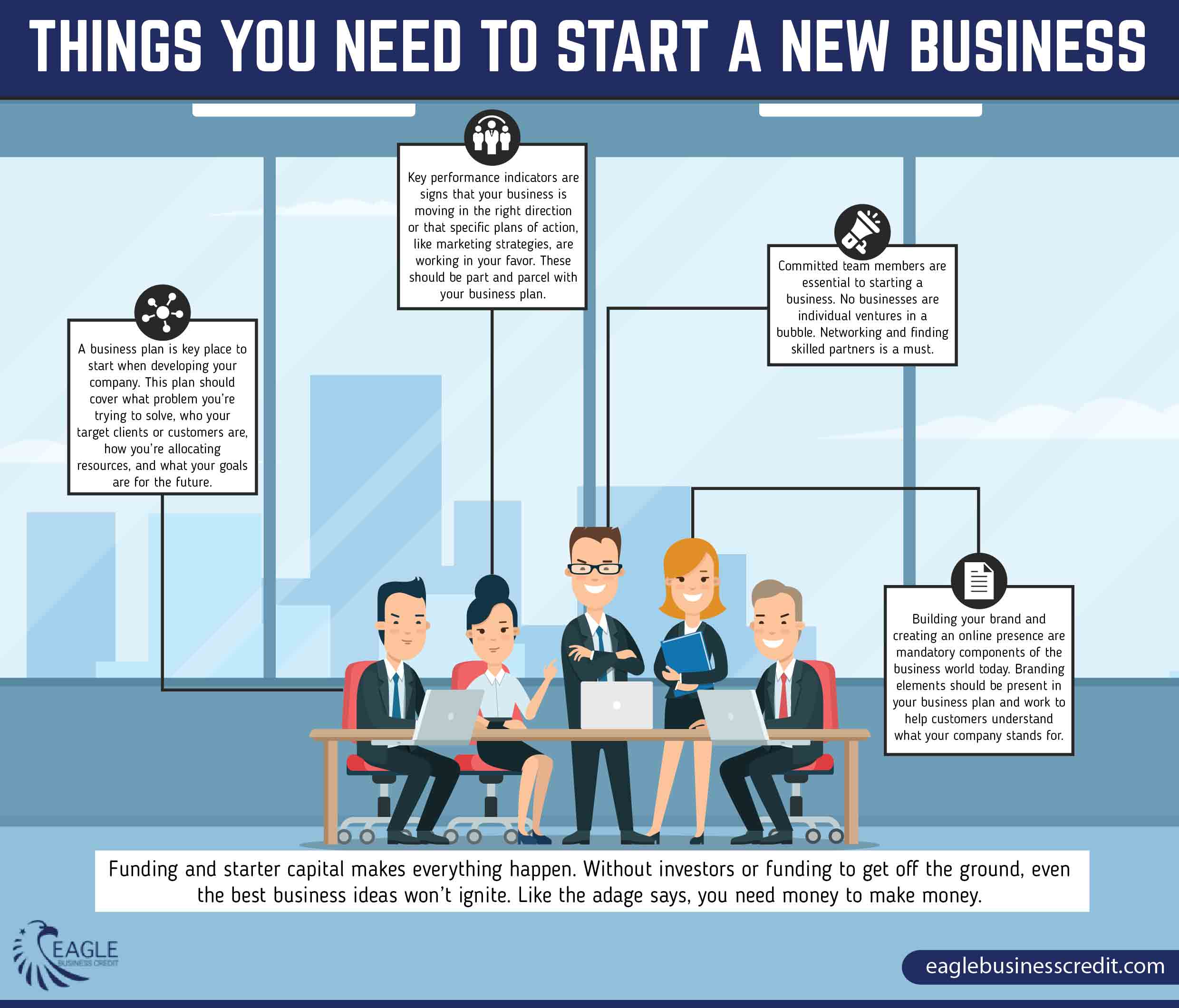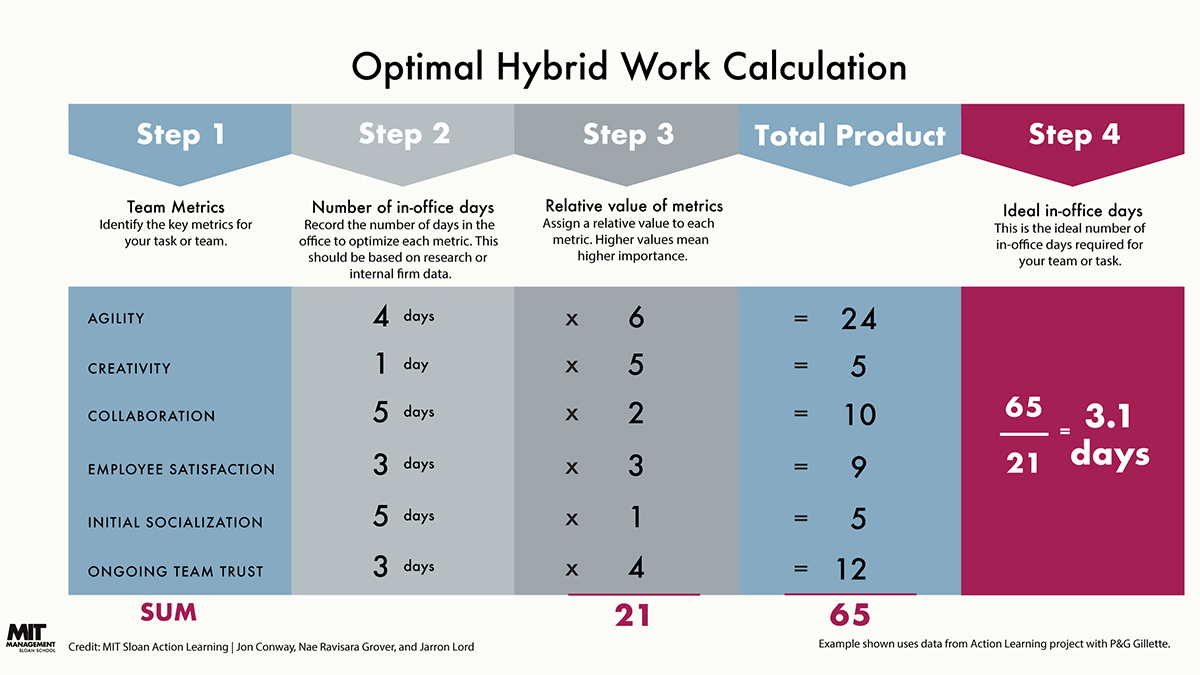 Set Clear Goals: Define the purpose and objectives of your business event. Determine what you want to achieve, whether it’s networking, promoting a product or service, or fostering business partnerships. Having clear goals will guide your planning process and help you create a successful event.
Set Clear Goals: Define the purpose and objectives of your business event. Determine what you want to achieve, whether it’s networking, promoting a product or service, or fostering business partnerships. Having clear goals will guide your planning process and help you create a successful event.
When organizing a business event, it is essential to establish clear goals. Without a defined purpose and objectives, your event can easily become directionless and fail to deliver the desired outcomes. Whether you aim to enhance networking opportunities, promote a new product or service, or foster valuable business partnerships, setting clear goals is the first step towards creating a successful event.
Defining the purpose of your business event is crucial. Are you looking to connect with potential clients or industry professionals? Or perhaps you aim to showcase a new product or service to a targeted audience? Whatever your objective may be, clearly identifying it will allow you to align your planning efforts accordingly. By doing so, you can ensure that every aspect of your event, from the venue to the marketing strategy, supports the achievement of your goals.
In addition to establishing the purpose, outlining specific objectives is equally important. These objectives should be measurable and attainable, providing you with a roadmap to gauge the success of your event. For instance, if your goal is to generate leads, you could set an objective to collect a certain number of qualified contacts during the event. This clarity not only helps you measure your progress but also provides a sense of direction and focus for your planning team.
Having clear goals also enables effective decision-making throughout the planning process. When faced with choices regarding the event’s format, guest speakers, or promotional activities, referring back to your established goals will help you make informed decisions. It ensures that every aspect of your event is aligned with your desired outcomes, maximizing the chances of success.
Moreover, setting clear goals can motivate and inspire your team. By sharing the purpose and objectives with your event planning team, you create a common vision that energizes everyone involved. When each member understands the desired outcomes, they can contribute their expertise and ideas more effectively, working towards a cohesive event that reflects the shared goals.
In conclusion, setting clear goals is vital when organizing a business event. Defining the purpose and objectives will guide your planning process, ensuring that every decision made supports the desired outcomes. Clear goals provide direction, enable effective decision-making, and inspire your team to work towards a successful event. So, before diving into the detailed planning, take the time to define your goals and lay the foundation for an impactful and rewarding business event.
Plan Ahead: Create a detailed timeline and checklist for your event. Start planning well in advance to allow ample time for venue selection, vendor coordination, attendee invitations, and other logistics. Consider factors such as budget, date, venue capacity, and necessary permits or licenses. A well-planned timeline will ensure a smooth event execution.
When it comes to organizing an event, whether it’s a small gathering or a large conference, proper planning is crucial. One of the first steps in this process is to create a detailed timeline and checklist. By doing so, you can ensure that all necessary tasks are accomplished and nothing falls through the cracks.
To kickstart your planning, it’s important to start early. By giving yourself enough time, you can effectively manage and complete all the required preparations. This includes tasks like selecting a venue, coordinating with vendors, and sending out invitations. By starting early, you also allow for any unexpected hurdles that may arise along the way.
Consideration of various factors is pivotal in the planning process. First and foremost, you need to establish a realistic budget. This will guide you in determining the scope and scale of the event. It’s essential to allocate funds for different aspects such as venue rental, catering, entertainment, and promotional materials.
Additionally, setting a suitable date is crucial. Take into account any major holidays or conflicting events that may impact attendance. Find a balance between convenience for your target audience and availability of the venue. Once you have a date in mind, it’s important to secure the venue as soon as possible to avoid disappointment.
Venue capacity is another factor to consider. Ensure that the chosen venue can comfortably accommodate your expected number of attendees. This will prevent overcrowding or unnecessary expenses on a venue that is too large. It’s also important to check if any permits or licenses are required for your event and obtain them well in advance.
By creating a detailed timeline and checklist, you can keep track of all the tasks that need to be completed. Include deadlines for each task and regularly review and update the timeline as needed. This will help you stay organized and ensure that everything is accomplished in a timely manner.
Remember, a well-planned timeline is the backbone of a successful event. It allows you to stay on top of all the logistics and ensures smooth execution. By starting early, considering factors such as budget, date, venue capacity, and necessary permits or licenses, and diligently following your timeline, you can create an event that is both memorable and seamless. So, take the time to plan ahead and watch your event come together flawlessly.
Engage with Attendees: Prioritize attendee engagement to make your business event memorable and valuable. Develop a program that includes engaging presentations, panel discussions, or interactive workshops. Incorporate networking opportunities and consider using technology tools like event apps or social media platforms to facilitate networking and communication among attendees.
Creating a successful business event goes beyond simply organizing the logistics and inviting attendees. To truly make your event memorable and valuable, it is essential to prioritize attendee engagement. By developing a program that includes engaging presentations, panel discussions, or interactive workshops, you can ensure that participants are actively involved and derive maximum benefit from the event.
One way to engage attendees is by offering compelling presentations that captivate their interest and provide valuable insights. Consider inviting industry experts or thought leaders as speakers, who can offer fresh perspectives and share their expertise. By focusing on delivering high-quality content, you can keep attendees interested and ensure they leave the event with new knowledge and ideas.
In addition to presentations, panel discussions can be an effective tool for engagement. These sessions allow for diverse viewpoints and lively conversations, encouraging participants to actively participate and contribute their thoughts. By curating a panel of experts who can engage in thought-provoking discussions, you can create an interactive and insightful experience for attendees.
Interactive workshops are another excellent way to engage participants and encourage active participation. These sessions provide hands-on experiences and allow attendees to apply their knowledge in a practical setting. Consider incorporating group activities, problem-solving exercises, or brainstorming sessions to foster collaboration and engagement among participants.
Networking opportunities are crucial for attendee engagement as well. Create dedicated time slots for networking, where participants can connect with fellow attendees, exchange ideas, and build valuable professional relationships. Additionally, consider implementing technology tools such as event apps or social media platforms to facilitate networking and communication among attendees. These tools can help participants connect before, during, and after the event, fostering ongoing engagement and collaboration.
By incorporating these strategies, you can ensure that your business event is not only informative but also engaging and interactive. Attendees will feel inspired and motivated to actively participate, resulting in a more valuable and memorable experience for everyone involved. So, prioritize attendee engagement in your event planning process, and watch as your event becomes a resounding success, leaving participants with a lasting impression and a desire to return for future events.
Attention to Details: Pay attention to even the smallest details to create a professional and polished event. Ensure that your branding is consistent throughout all event materials, such as signage, invitations, and promotional items. Consider factors such as seating arrangements, audiovisual equipment, lighting, and catering. Attention to detail will enhance the overall experience for attendees.
When organizing an event, whether it’s a conference, seminar, or corporate gathering, paying attention to even the smallest details is crucial. The success of any event lies in creating a professional and polished atmosphere that leaves a lasting impression on attendees. One essential aspect of achieving this is ensuring that your branding is consistent throughout all event materials. From signage to invitations and even promotional items, maintaining a cohesive visual identity helps to establish a sense of professionalism and credibility.
Seating arrangements may seem like a mundane consideration, but they can greatly impact the overall experience for attendees. Take the time to plan and organize seating in a way that fosters interaction and engagement. This can be achieved by strategically placing tables and chairs to encourage networking and conversation. Additionally, considering the comfort of attendees is essential. Providing comfortable seating options will help keep participants focused and attentive throughout the event.
Another detail that should never be overlooked is audiovisual equipment. Technical glitches or poor audio quality can quickly diminish the credibility of your event. Invest in high-quality equipment and ensure that it is properly set up and tested before the event begins. Additionally, consider the lighting of the venue. Appropriate lighting can create a welcoming and professional ambiance, while inadequate lighting can hinder visibility and detract from the overall experience.
Catering is another crucial aspect that requires careful attention. Depending on the nature of your event, you may need to provide a variety of food options to accommodate different dietary preferences and restrictions. It is important to work closely with the catering team to ensure that the menu aligns with the overall theme and objectives of the event. Additionally, paying attention to small details like presentation and service can elevate the dining experience for attendees, leaving a positive impression.
In conclusion, attention to detail is paramount when organizing an event. From consistent branding across all materials to considerations such as seating arrangements, audiovisual equipment, lighting, and catering, every aspect contributes to the overall experience for attendees. By meticulously planning and executing each detail, you create a professional and polished atmosphere that enhances the event’s impact. Remember, it’s the small things that can make all the difference, leaving a lasting impression on attendees and ensuring the success of your event.
Follow Up and Evaluate: After the event, it is crucial to follow up with attendees to express gratitude for their participation and obtain valuable feedback. This step demonstrates your appreciation for their support and provides an opportunity to gather insights that can enhance future events. One effective way to gather feedback is by sending out post-event surveys to participants. These surveys can be designed to evaluate various aspects of the event, such as the quality of presentations, the organization, and overall satisfaction. By collecting this information, you can identify areas for improvement and address any concerns that may have arisen during the event.
In addition to surveys, conducting one-on-one meetings with key attendees can offer a more personalized approach to gathering feedback. These meetings allow for more in-depth discussions and enable you to delve further into specific areas of interest or concern. By actively listening to attendees’ perspectives, you can gain valuable insights that may not have been captured through surveys alone. These insights can help you refine your event strategies and ensure continued success in the future.
The feedback obtained from attendees should not only focus on the event itself but also encompass their overall experience. This includes factors such as the venue, catering, and logistics. Understanding how these elements contributed to the overall satisfaction of attendees can help you make informed decisions when planning future events. For example, if the majority of participants were dissatisfied with the chosen venue, you can consider alternative options that better meet their expectations. Similarly, if the catering received positive feedback, you can continue to work with the same providers or explore similar options.
Evaluating the success of the event is not solely about gathering feedback; it also involves analyzing the event’s impact on your business objectives. Did the event generate new leads or opportunities? Did it help strengthen relationships with existing clients or partners? By measuring the event’s impact on your business goals, you can determine its effectiveness and identify areas for improvement. This evaluation process should consider both qualitative and quantitative data to provide a comprehensive understanding of the event’s success.
Ultimately, the feedback and evaluation processes are essential to refining your event strategies and planning even better business events in the future. They allow you to identify strengths and weaknesses, address concerns, and make informed decisions. By actively seeking feedback and evaluating the success of your events, you can ensure that each new event is an improvement upon the last, leaving a lasting positive impression on attendees and bringing increased value to your business.



